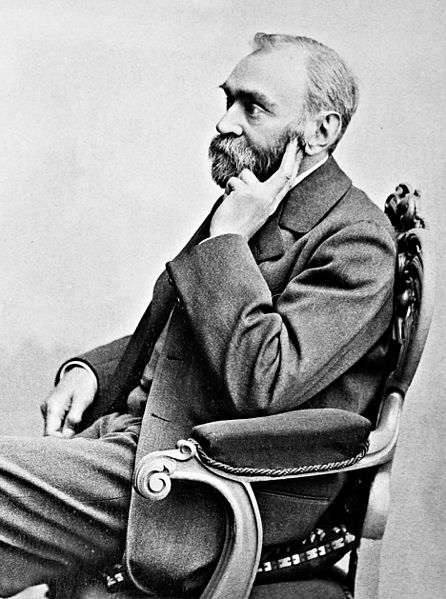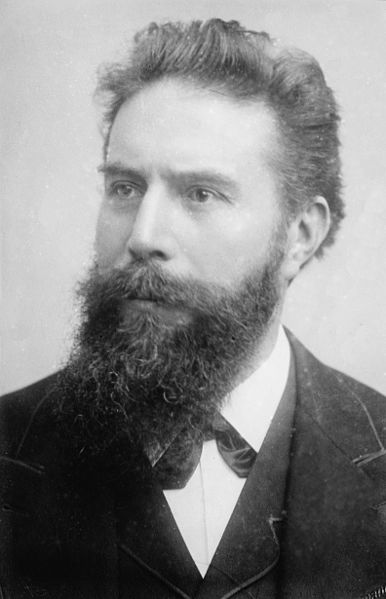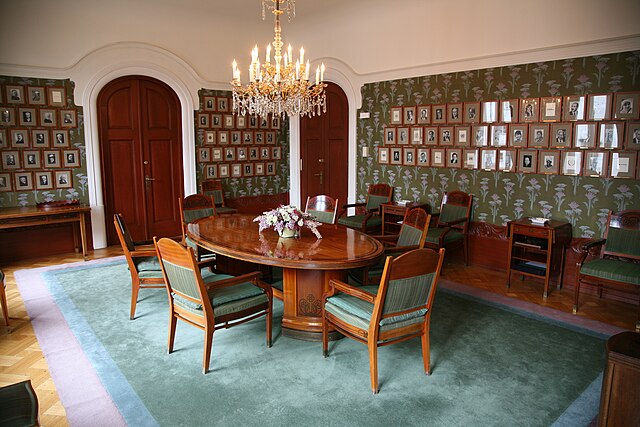Royal Swedish Academy of Sciences
The Royal Swedish Academy of Sciences is one of the royal academies of Sweden. Founded on 2 June 1739, it is an independent, non-governmental scientific organization that takes special responsibility for promoting natural sciences and mathematics and strengthening their influence in society, whilst endeavouring to promote the exchange of ideas between various disciplines.
Main building of the Royal Swedish Academy of Sciences in Stockholm
Nobel Chemistry Prize, news conference (2008)
Kongl. Svenska Vetenskaps-Academiens handlingar, volume XI (1750).
Anders Johan von Höpken, the first Secretary
The Nobel Prizes are five separate prizes awarded to "those who, during the preceding year, have conferred the greatest benefit to humankind," as established by the 1895 will of Swedish chemist, engineer, and industrialist Alfred Nobel, in the year before he died. Prizes were first awarded in 1901 by the Nobel Foundation. Nobel's will indicated that the awards should be granted in the fields of Physics, Chemistry, Physiology or Medicine, Literature, and Peace. A sixth prize for Economic Sciences, endowed by Sweden's central bank, Sveriges Riksbank, and first presented in 1969, is also frequently included, as it is also administered by the Nobel Foundation. The Nobel Prizes are widely regarded as the most prestigious awards available in their respective fields.
Alfred Nobel had the unpleasant surprise of reading his own obituary, which was titled "The Merchant of Death Is Dead", in a French newspaper.
Alfred Nobel's will, which stated that 94% of his total assets should be used to establish the Nobel Prizes
Wilhelm Röntgen, who received the first Nobel Prize in Physics for his discovery of the X-ray
The committee room of the Norwegian Nobel Committee








